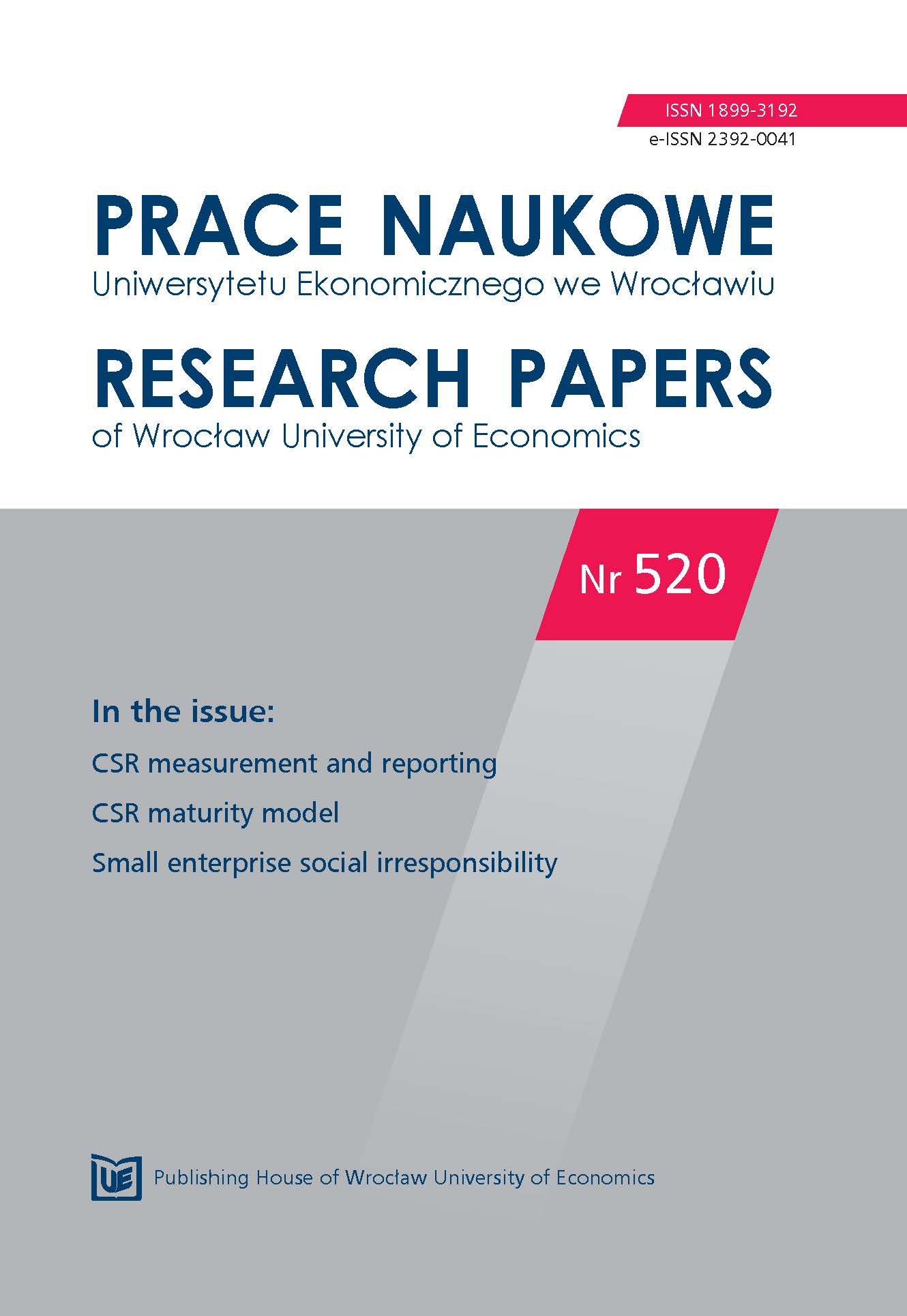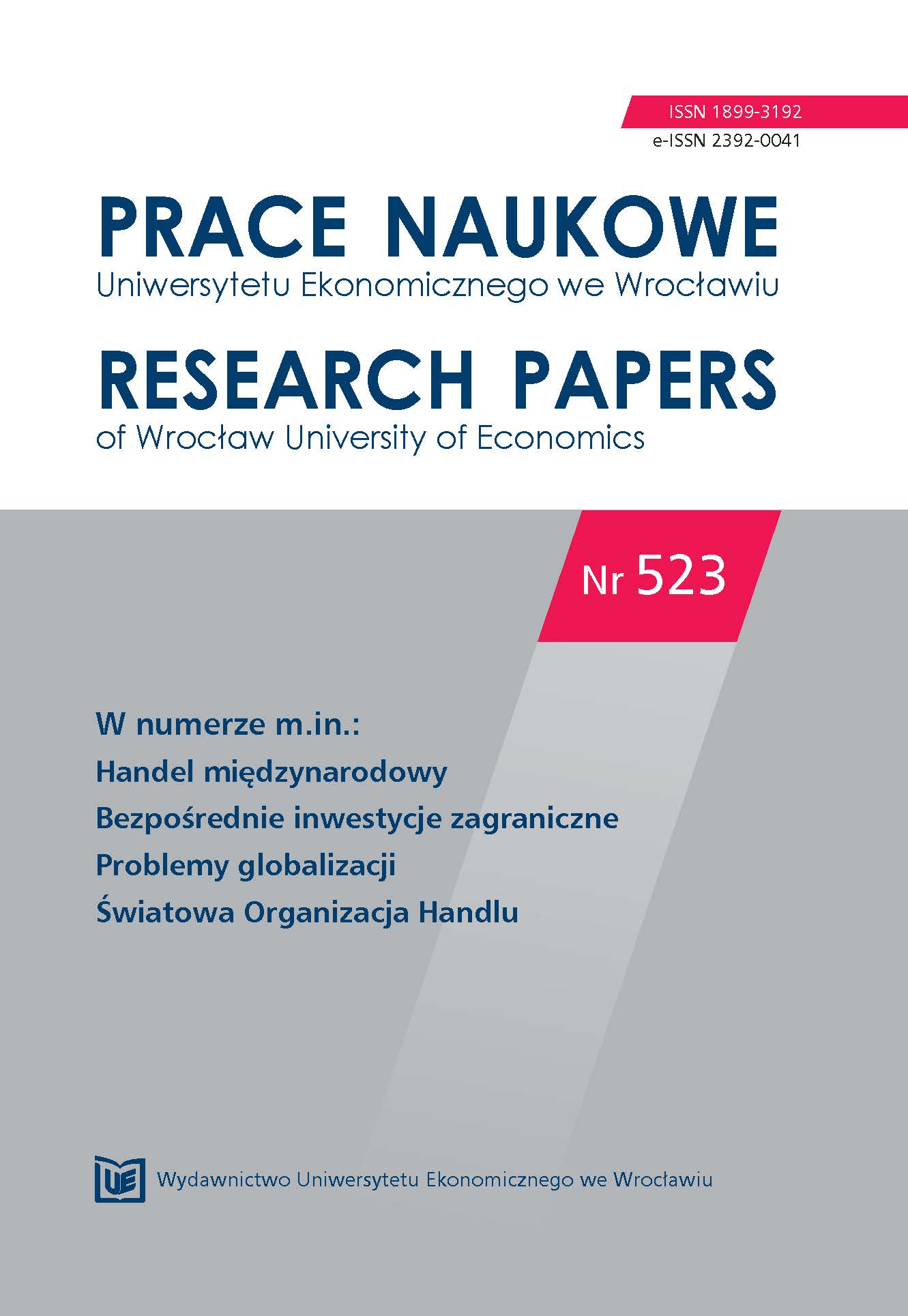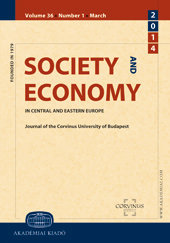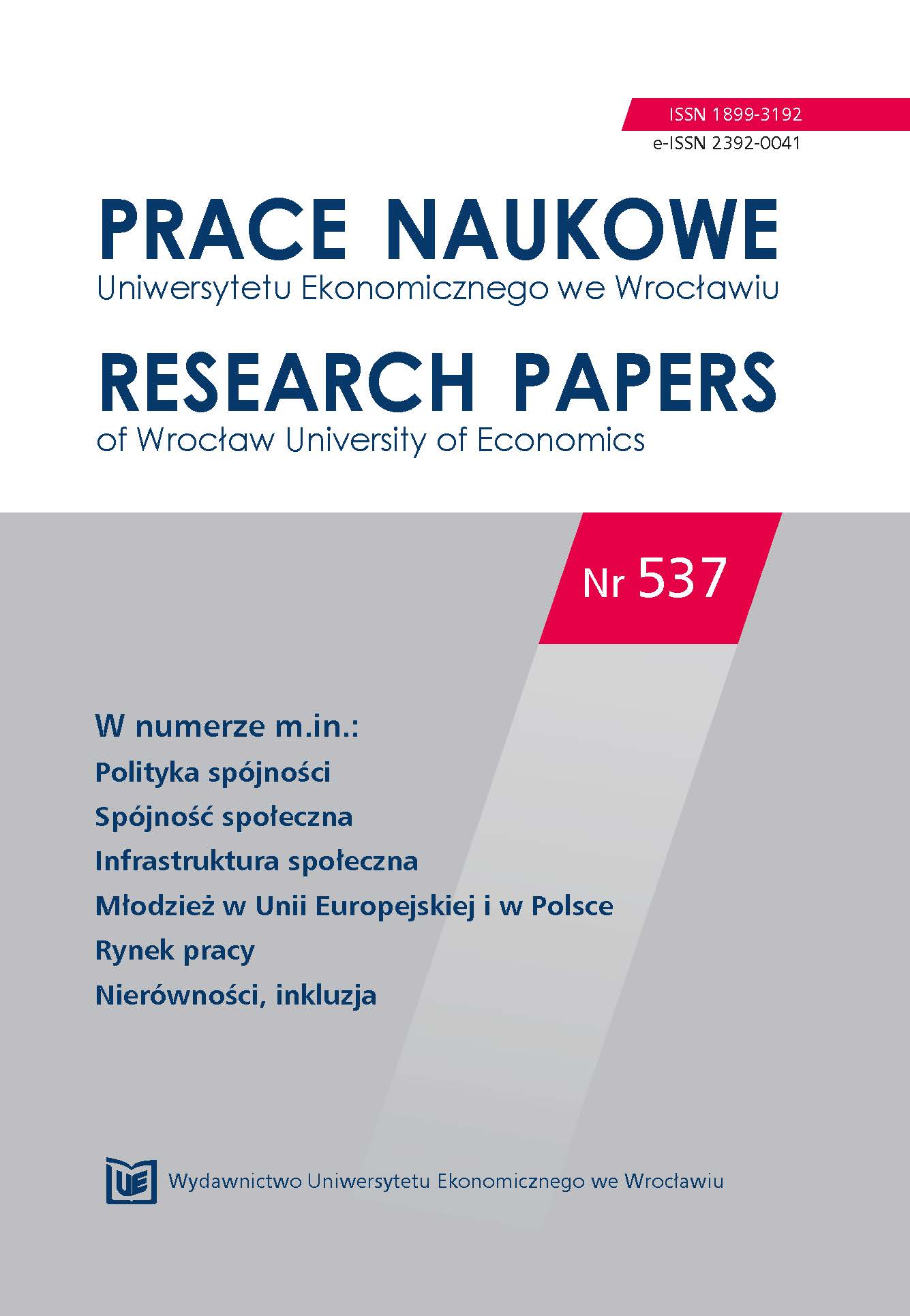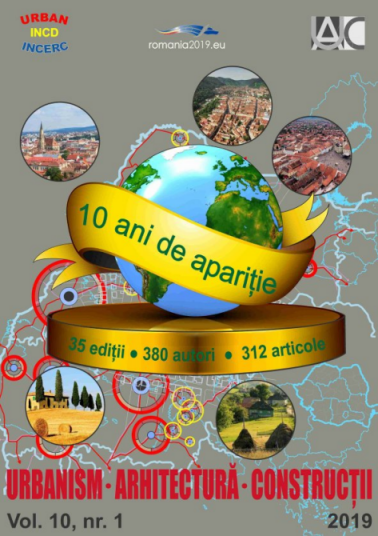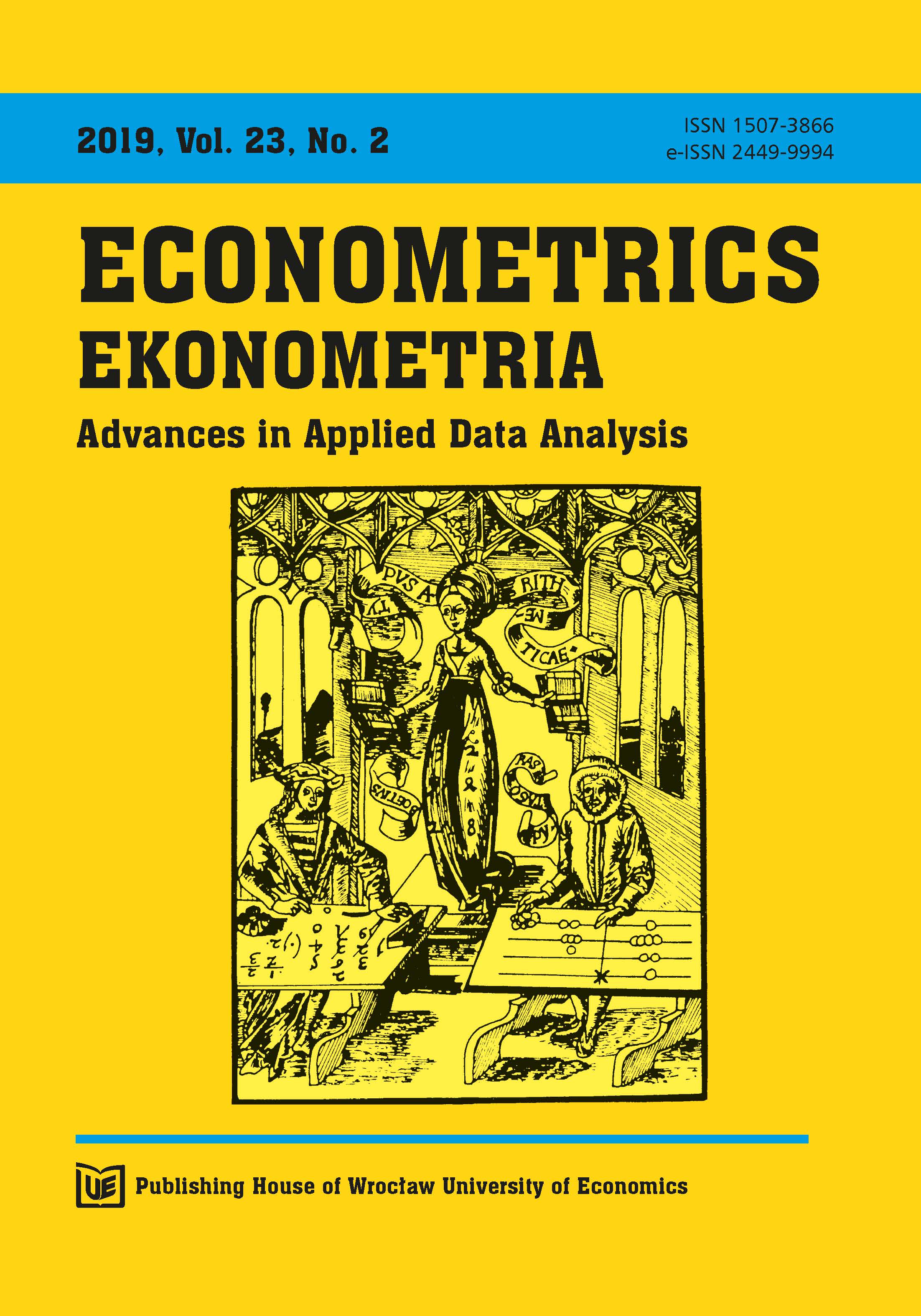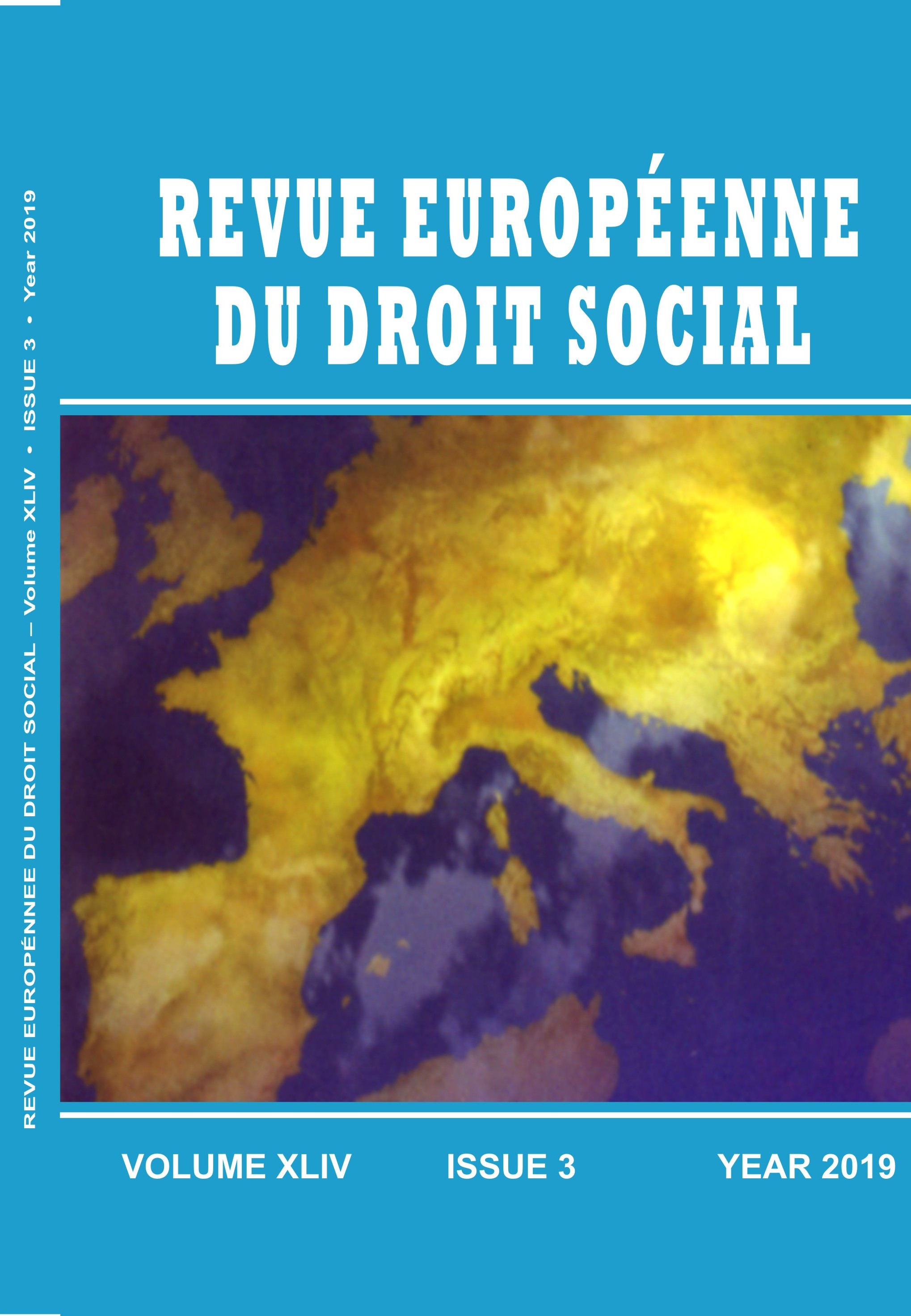
VERS UNE TRANSITION ECONOMIQUE VS. RESISTANCES SOCIOPOLITIQUES ET DE LA GOUVERNANCE INSTITUTIONNELLE: EVIDENCE DE LA POLITIQUE ECONOMIQUE ALGERIENNE
This article will focus on demonstrating and analyzing the main theoreticalfactors of slowdown and the delay of the Algerian economic transition. By relying on thestructural dimensions (i) - with the particular social, cultural and political characteristics -which have a direct or indirect influence on the application of the new reforms of theeconomic transition policy. We reject the hypothesis of the poor application of standardprograms of the IMF and the World Bank of all factors. Admittedly, this hypothesis is verifiednot only in Algeria but also in other countries in transition in Eastern Europe. But, it is morerational to question the socio-political and institutional (ii) local conditions that haveprevented the true transitional anchorage for this country. The aim is to show that thetransition of this country has an original specific status compared to other models ofeconomic transition. In the end, we find that the real transition to a market economy is stillunfinished: it is slow, full of constraints and has a huge backwardness due to the Algerianpolitical and economic specificities.
More...
